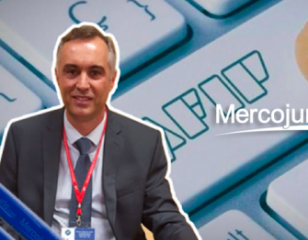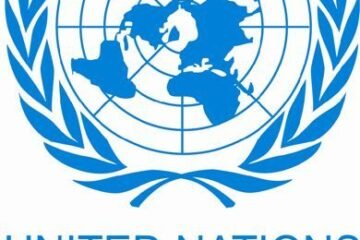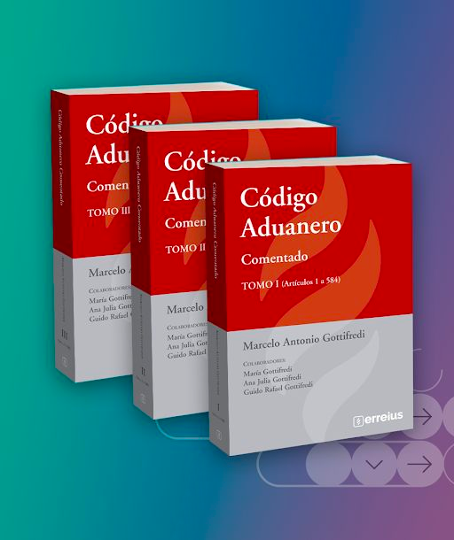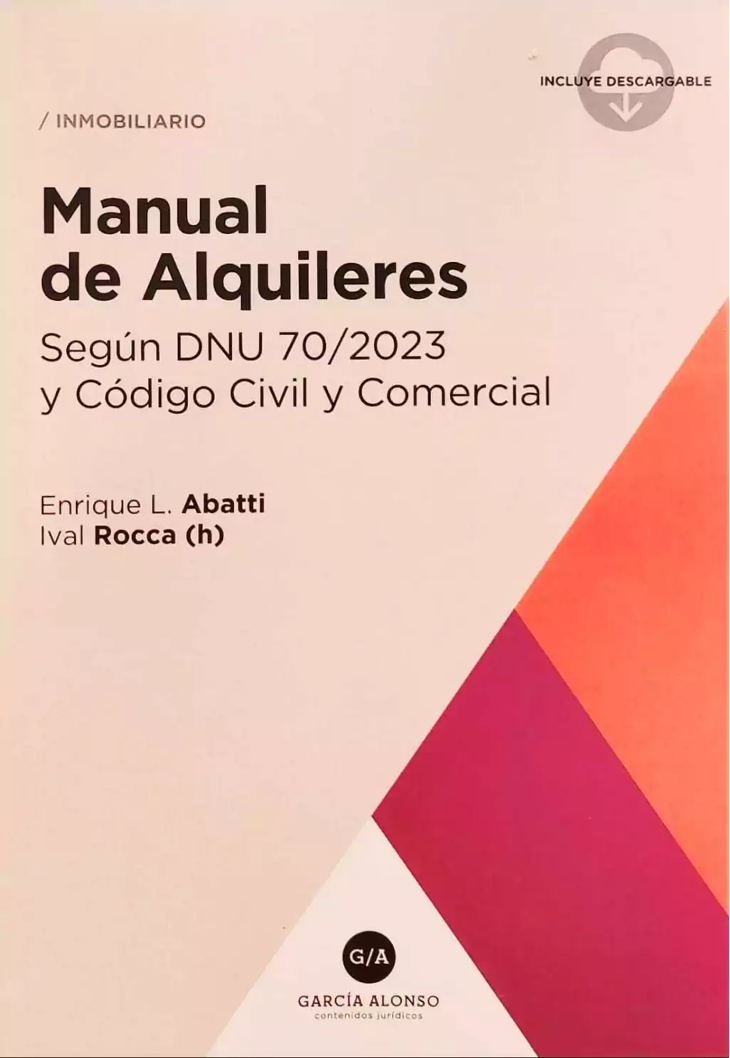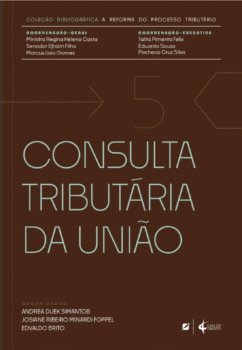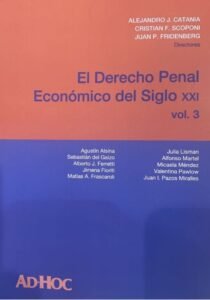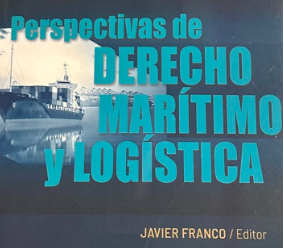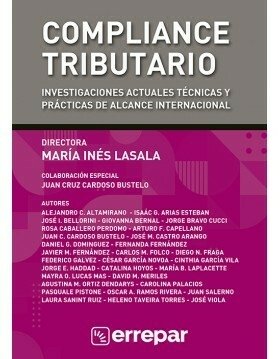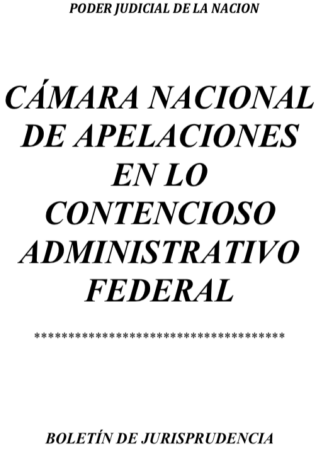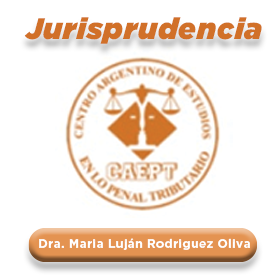Apertura de charlas presidenciales de la OMC – El elemento fundamental del nuevo orden mundial es el comercio internacional equitativo

El comercio abierto y equitativo es fundamental para reinventar el orden mundial y afrontar los retos internacionales más apremiantes, dijo el 23 de marzo la Excma. Sra. Mia Amor Mottley, Primera Ministra de Barbados, a un numeroso público que la escuchaba con motivo de la apertura del Ciclo de Charlas Presidenciales de la OMC celebrada en la sede de la OMC en Ginebra. El evento, contó con la participación de embajadores ante la OMC, autoridades suizas, jefes de organizaciones intergubernamentales y representantes de organizaciones no gubernamentales, empresas e instituciones académicas, y fue inaugurado por la Directora General Ngozi Okonjo-Iweala.
In her opening remarks, DG Okonjo-Iweala underscored the aim of the WTO’s Presidential Lecture Series: “Multilateral institutions and values are under threat. The speakers in this series will shed light on potential ways forward, towards the WTO’s founding goals of raising people’s living standards, creating jobs, and promoting sustainable development.”
DG Okonjo-Iweala warmly welcomed Prime Minister Mottley: “Since taking office in 2018, Prime Minister Mottley has emerged as one of the most powerful voices among political leaders on the international stage. She is fearless; she speaks truth to power on issues like climate justice, vaccine inequity, sovereign debt, and the unique vulnerabilities facing small economies. She makes Barbados punch above its weight.”
In her speech, Prime Minister Mottley noted the failures of the old global order, highlighting issues such as global debt, rapid climate change, the COVID-19 pandemic and the recent conflict in Ukraine. “The global order is not working; it is not delivering in the areas of critical importance necessary to achieve the goal of sustainable development for the majority of the world’s population,” she said.
World leaders need to show true political will to transform the global order without “retreating behind national and regional lines of defence,” said Prime Minister Mottley, stressing that “the WTO can be and must be in the vanguard of the change we need”. She highlighted “the absolute need for us to bring the architecture of a new global order into the 21st century — transparent and fair and rooted in moral legitimacy.”
Prime Minister Mottley outlined the major trade obstacles facing exporters from small island developing economies, such as the digital gaps, shortage of supporting financing mechanisms and discriminatory standards. “These, not tariffs, not genuine competitiveness and comparative advantages, are the obstacles to today’s international trade. They will be an obstacle too to the efficient and fair prosecution of climate mitigation through the global transfer of capital, technology, and opportunity,” she said.
She continued: “The world needs more mobile labour, capital and technology to defeat climate change. We need to be part of the digital revolution to deliver better health, education, and quality of life. International trade is at the centre of solving climate change and using digital trade to advance global development.”
She concluded: The new global order “requires a next generation WTO committed to calling out obstacles to equitable trade, committed to being even more representative, acting as a countervailing, reforming force against the tendency to narrow, exclusive trade relationships, with a seat at the highest tables to promote the international trade dimension to the world’s problems.”
The event was moderated by Ambassador Athaliah Lesiba Molokomme of Botswana.
Fuente: OMC

